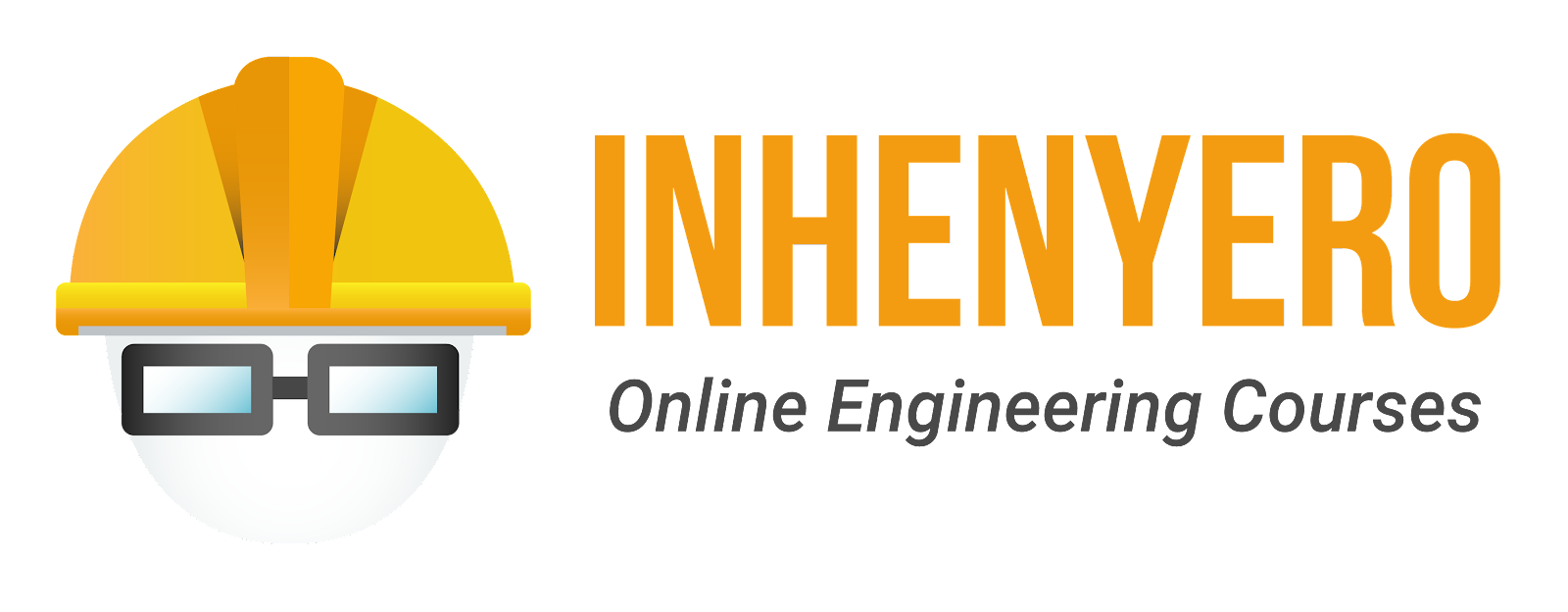
What is Sanitary Engineering in the Philippines?
The practice of Sanitary Engineering includes sanitary surveys, reports, design, direction, management, consultation, investigation and professional research and laboratory work of the following:
- Water purification plants, water collection and distribution systems, reservoirs, drainage, sewage systems and other structures related to public health and welfare,
- Projects relating to stream pollution, insect and vermin control, rural and camp sanitation and food sanitation
- Systems for the prevention of atmospheric pollution or the control of indoor air, especially the air of working spaces in industrial establishments.
What is the Sanitary Engineers Licensure Exam?
To be registered as Sanitary Engineer in the Philippines, one shall pass the required technical examination given by the Board of Examiners for Sanitary Engineers. It is held twice a year usually on the months of January and August Applicants shall have the following qualifications in order to be admitted to the examination as prescribed by the Board:
- Be at least 21 years of age
- Be a citizen of the Philippines
- Be of good reputation and moral character
- Be a graduate of a four-year course in sanitary engineering or Bachelor of Science in Civil Engineering having taken major subjects in sanitary engineering from a school, institute, college or university recognized by the Government or the State wherein it is established.
What is the scope of the licensure exam?
The Sanitary Engineering Board Exam coverage emphasizes the current technical knowledge in the practice of Sanitary Engineering. It is divided into six major subjects each with corresponding weigths to the overall general rating as follows:
Sanitary Science as Applied to Buildings - 10%
- Principles of Plumbing
- Material selection for pipes, fittings, pumps, lifts, appurtenances and fixtures
- Methods and types of joints and connections
- Piping Lay-out and Roughing-ins
- Lightins, Ventilation and Humidity Control
- Inspections, Tests and Maintenance
- Service Connections for Water Supply and Wastewater
- Other piping system such as gas, oil, and compressed air including appurtenances within the building and premises
- Plumbing Systems
- Hot and Cold Water Distribution System Design
- Sanitary and Storm Drainage System Design
- Design and construction of septic tank, privy, cesspool, seepage or sanitary pit; location and planning
- Fire Protection System Design
- Wet and Dry Standpipe Systems
- Sanitary and Storm Drainage System Design
- Design and construction of septic tank, privy, cesspool, seepage or sanitary pit, location and planning
- Fire Protection System Design
- Wet and Dry Standpipe Systems
- Automatic Wet Pipe Fire Sprinkler Systems
- Smoke and Heat Detection and Protection within building and premises
- Other fire protection system for buildings
- Pertinent Laws, Codes, Ordinances, Rules, Regulations and other Issuances
Civil Engineering - 15%
Duly registered civil engineers are exempted in taking this subject.
- Mathematics
- Algebra, Plane and Spherical Trigonometry
- Analytic, Descriptive and Solid Geometry
- Differential and Integral Calculus
- Differential Equations
- Advanced Engineering Mathematics
- Physical Science
- Chemistry
- Physics
- Geology
- Applied Mechanics
- Surveying
- Basic Concepts
- Basic Surveying and Measurements
- Topographic and Hydrographic Surveying
- Survey Operations
- Engineering Surveys
- Hydraulics
- Fluid Mechanics
- Hydraulics
- Hydraulic Engineering
- Design and Construction Project Management
- Engineering Mechanics
- Strength of Materials
- Engineering Materials
- Theory of Structures
- Soil Mechanics Foundations
- Design of Timber Structures
- Reinforced Concrete Principles
- Design of Steel Structures
- Contract and Specifications
- Construction Project Management
Public Health Engineering - 15%
- Control of Communicable Diseases
- Identification of Diseases
- Theories of Epidemic
- Classification (Contagious, Infectious, Communicable)
- Sources, Carrier and Characteristics
- Transmission, Development and Control
- Sanitation and Hygiene
- Residential Buildings
- Commercial Establishments
- Institutional
- Industrial
- Transportation and its facilities (Aircraft, Ships Vessels, Bus Liner and others)
- Amusement and Recreational
- Emergency Sanitation
- Disposal of Dead Persons
- Other public establishment and place sanitation
- Biostatics and Vital Statistics
- Vital Public Health Indices: Covers the identification, determination and interpretation of vital health indices and its application and relevance to environmental sanitation and control measures.
- Insect and Vermin Control
- Public health significance, insects and rodents of public health threat (description, life cycle), control methods
- Food and Milk Sanitation
- Public Health Significance (Food-borne diseases, disease transmission)
- Control Methods
- Milk Sanitation - production, processing, handling, storage, preservation, dairy farm sanitation, animal disease and mode of transmission to men, kind of disease resulting from taking infected milk or pasteurized milk
- Location, planning and functional design
- Hazard Analysis and Critical Control Point (HACCP) and Pathogen Control
- Pertinent Laws, Codes, Ordinances, Rules, Regulations and other Issuances
Environmental Engineering - 20%
- Ecology and Conservation
- Concepts and Principles of Ecology
- Ecosystems and the Energy in an Ecological System
- Ecosystem Dynamics
- Species, Individuals and Populations in the Ecosystems
- Hydrologic and Water Cycle
- Environmental Impact Statement/Assessment
- Concepts and Sustainable Development
- Environmental Risk Assessment, Estimation and Evaluation
- Risk Management
- Prediction of Environmental Impacts on Rural and Urban Planning
- Environmental Problems/Degradation
- Microbiology and Parasitology for Environmental Engineering
- Microbiology and Parasitology
- Epidemiology and Toxicology
- Pollution Abatement
- Atmospheric Pollution studies and abatement (Indoor and Outdoor Air)
- Land and Soil Pollution studies and abatement
- Lake, River Pollution studies and abatement
- Noise Pollution studies and abatement
- Stream Pollution studies and abatement
- Solid Waste Disposal, Management and Facilities
- Processes and Design
- Generation and Collection
- Segregation and Storage
- Transport and Disposal
- Recovery/Re-use
- Treatment/Processing: Thermal, Biological (composting, methane gas generation, soil conditioner)
- Sanitary Landfill
- Facilities and Appurtenances
- Operations
- Management
- Hazardous Waste
- Industrial Hazards
- Hazardous Waste Containment
- Barrier Design
- Mitigation and Consequence Management
- Property and Personnel Protection System
- Risk Assessment and Management
- Spill Response and Clean-up Technologies
- Accident Prevention and Hazard Control
- Emergency-Disaster Plans and Drills
- Pertinent Laws, Codes, Ordinances, Rules, Regulations and other Issuances
Wastewater Engineering - 20%
- Wastewater Treatment and Disposal
- Domestic Sewage, Treatment, Processes and Disposal
- Biological Industrial Waste Treatment Processes and Disposal
- Sewerage System Engineering
- Sanitary Sewerage System and Appurtenances
- Storm Sewerage, Drainage System, Facilities and Appurtenances
- Wastewater Reclamation and Re-use Applications
- Potential Wastewater Re-Uses
- Planning considerations in wastewater reclamation and reuse
- Wastewater Re-uses Applications
- Industrial water re-uses
- Cooling tower make-up, common problems in cooling tower system, reclaimed wastewater
- Wastewater reclamation technologies
- Treatment reliability
- Practical usage of treated wastewater effluent
- Advance wastewater reclamation process combination
- Effluent Disposal
- Parameters and Standard Criteria
- Disposal to lakes, reservoir, river, estuaries, ocean disposal and others
- Design of River Diffusers
- Dissolved Oxygen Sag Analysis, Modelling Approach
- Loading and Mixed Analysis
- Operation and Maintenance Capability
- Design of Appropriate or Innovative Wastewater Treatment
- Small Wastewater Treatment Systems
- Natural Treatment Systems
- Engineered or Constructed Natural Treatment Systems, wet lands
- Environmental and Sanitary Engineering Report
- Commissioning,Operation and Maintenance
- Pertinent Laws, Codes, Ordinances, Rules, Regulations and other Issuances
Water Supply Engineering - 20%
- Hydrology
- Elementary Statistics
- Hydrologic Cycle
- Hydrographs' Probability in Hydrology
- Flood Frequency
- Erosion Sedimentation of River Basins and Reservoirs
- Flood Protection and Water Conservation
- Application of Hydrology
- Microbiology, Bacteriology, Parasitological, Epidemiology and Toxicology
- Biological Characteristics of bacteria, fungi, rickets, algae, viruses, protozoa and other organisms and effects on water supply
- Pathogenic, Isolation and Identification Methods
- Growth and Kinds of Media
- Multiple fermentation tube technique for coliforms and other test for coliform organisms
- Applied Microbiology in Water Supply
- Studies on Bacteriology, Parasitological, Epidemiology and Toxicology
- Advanced Water Treatment
- Application of the principles of hydraulics, hydrology, chemistry and engineering design in providing safe and adequate water standard
- Principles of Drinking Water Treatment
- Treatment of Industrial Process Water
- Sanitary Chemistry
- Water Analysis
- Standard Solution
- Chemical Coagulation of Water
- Water Sources, Development and Collection
- Determination of Sources and Water Demand
- Quantity and Quality of Water Supply
- Intake/Collection Structures
- Water Distribution System
- Water Purification
- Water Resources Engineering
- Waterworks Management and Economics
- Pertinent Laws, Codes, Ordinances, Rules, Regulations and other Issuances
Do you have any questions about the Sanitary Engineering Board Exam? Comment it down below!



thanks
ReplyDeleteSaan ba makabili ng review materials Para self review nalang
ReplyDeletewaht is the passing score for Sanitary Engineering Board Exam?
ReplyDeleteif PRC passing kana sa civil engineer pwedi kana po ba mag take agad ng sanitary engineer? or mag schooling pa?
ReplyDeleteschooling po ulit, since required po mag-aral ng SE
DeleteThanks!
ReplyDeleteWhat's the passing score @admin?
ReplyDeletein recent 2024 SELE, the weight of 5 subjects was 18% and 10% for CE.
ReplyDeleteTig ilang items po per subject?
Delete100 items
ReplyDelete